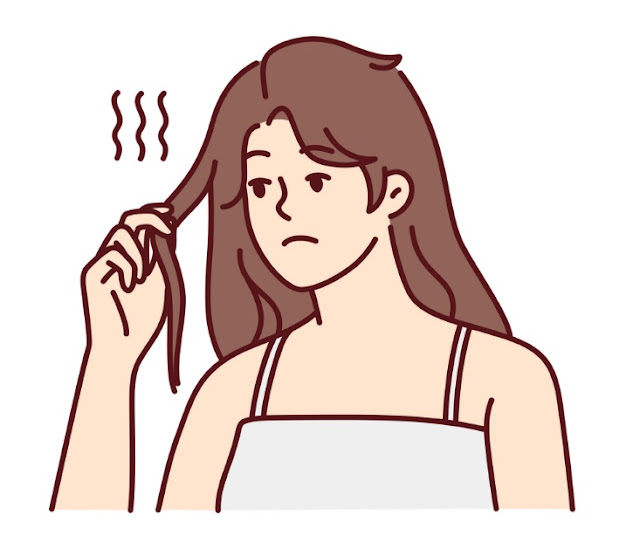What exactly is a hair loss prevention treatment?
Hair loss prevention refers to the strategies and actions taken to minimise or delay the onset of hair loss. It involves implementing measures to maintain the health of the hair and scalp, as well as addressing any underlying causes that may contribute to hair loss.The goal of hair loss prevention is to slow down the rate of hair shedding, promote healthy hair growth, and preserve the existing hair.
Hair loss can have various causes, including genetic factors, hormonal imbalances, nutritional deficiencies, medical conditions, medications, and lifestyle factors. Hair loss prevention approaches typically involve a combination of the following:
Hair loss can have various causes, including genetic factors, hormonal imbalances, nutritional deficiencies, medical conditions, medications, and lifestyle factors. Hair loss prevention approaches typically involve a combination of the following:
Healthy hair care practices
This includes gentle handling of the hair, using mild shampoos and conditioners, avoiding excessive heat styling or chemical treatments, and minimizing traction or tension on the hair (such as tight hairstyles or constant pulling).
Balanced diet
A nutritious diet rich in vitamins, minerals, and proteins is essential for healthy hair growth. Consuming foods that provide essential nutrients, such as fruits, vegetables, lean proteins, whole grains, and healthy fats, can support optimal hair health.
Stress management
High levels of stress can contribute to hair loss. Implementing stress-reduction techniques like exercise, meditation, yoga, or engaging in hobbies can help manage stress and promote overall well-being.
Regular scalp care
Maintaining a clean and well-nourished scalp is important for healthy hair. Regularly washing the scalp, massaging it to stimulate blood circulation, and avoiding excessive oil or product build-up can contribute to a healthy hair environment.
Avoiding harsh chemicals
Exposure to certain chemicals, such as those found in harsh hair products, dyes, or styling agents, can damage the hair follicles and lead to hair loss. Using milder, natural, or hypoallergenic products can help prevent such damage.
Managing underlying health conditions
Certain medical conditions, such as thyroid disorders or hormonal imbalances, can contribute to hair loss. Treating and managing these conditions with the help of a healthcare professional can help prevent further hair loss.
It's important to note that while these prevention strategies may help maintain hair health and delay the onset of hair loss, they may not be effective in all cases.
It's important to note that while these prevention strategies may help maintain hair health and delay the onset of hair loss, they may not be effective in all cases.
If you are experiencing significant or persistent hair loss, it is advisable to consult with a dermatologist or a hair loss specialist for a proper diagnosis and personalised treatment plan.



Comments
Post a Comment